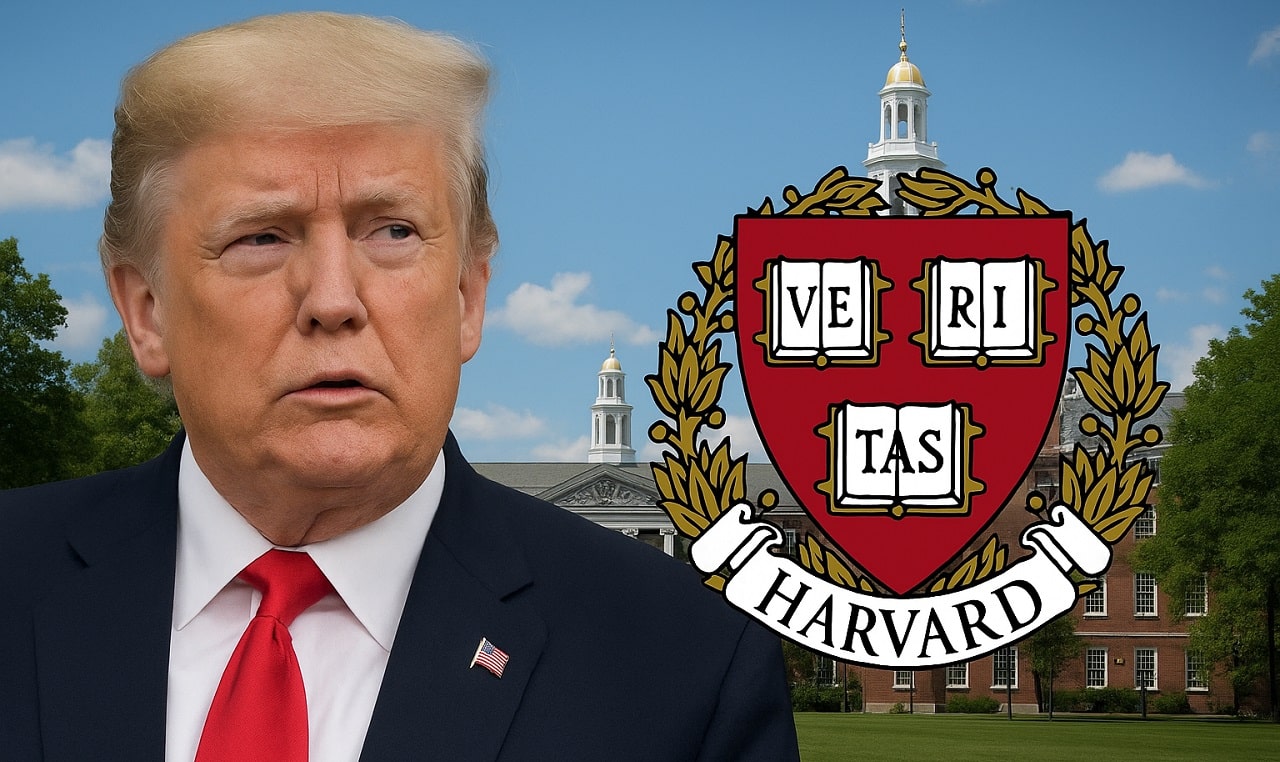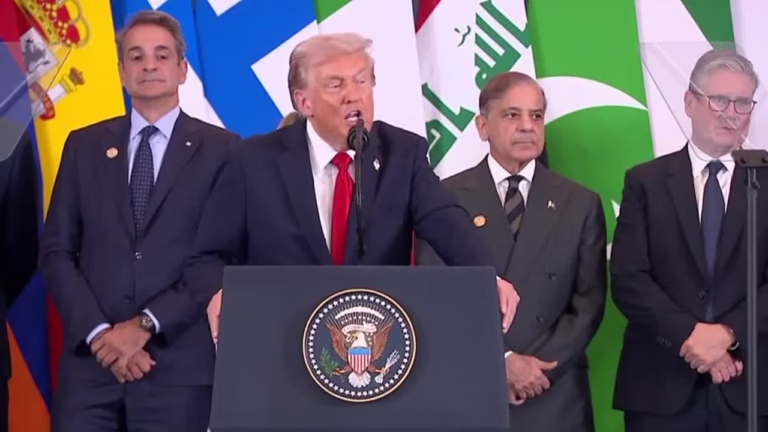Washington — August 9, 2025 — The Trump administration has escalated its confrontation with Harvard University, warning that it may reclaim or relicense thousands of the institution’s patents developed with federal research funding.
Citing possible violations of the Bayh–Dole Act, Commerce SecretaryHoward Lutnick sent Harvard a formal notice demanding full disclosure of its federally funded intellectual property portfolio by September 5.
The Bayh–Dole Lever: Rarely Used, Potentially Powerful
The Bayh–Dole Act of 1980 allows universities, small businesses, and nonprofits to retain ownership of inventions created with federal funding—but with conditions. The government retains “march-in rights,” enabling it to seize or relicense patents if the original patent holder fails to take adequate steps to commercialize the invention, ensure U.S. manufacturing, or meet public needs.
Historically, these rights have never been used against a university. Past administrations—both Republican and Democrat—have resisted using them, arguing that doing so could discourage private sector investment in federally funded research.
The Trump administration’s move marks the first time the federal government has seriously threatened a wholesale takeover of a university’s patent portfolio.
Why Harvard Is in the Crosshairs
The Commerce Department’s letter to Harvard President Alan Garber accuses the university of:
-
Failing to Manufacture Products Domestically — Some Harvard-licensed innovations, particularly in biotech and medical devices, are reportedly being manufactured overseas despite federal funding requirements favoring U.S. production.
-
Opaque Licensing Practices — The administration claims Harvard has failed to fully disclose the terms of licensing agreements, raising concerns about exclusive deals that may limit public access.
-
Potential Underenforcement of Commercialization — Federal officials allege that certain patents have been left “idle” for years without meaningful commercial deployment.
Harvard Pushes Back
Harvard has rejected the allegations, calling them “politically motivated” and “a gross misuse of the Bayh–Dole Act.”
In a public statement, the university said:
“Harvard has a long and transparent track record of turning taxpayer-funded discoveries into real-world benefits—from breakthrough cancer treatments to renewable energy technologies. We comply with all federal requirements and take seriously our obligation to ensure the public benefits from our research.”
University officials also noted that over 900 active licenses from Harvard’s Office of Technology Development have led to commercial products used worldwide, and that the vast majority of its licensees do manufacture within the United States.
Political Undertones
This dispute comes amid a broader clash between the Trump administration and elite universities, with Harvard already facing:
-
Frozen federal research grants pending “national security reviews.”
-
Ongoing lawsuits over foreign student visa restrictions.
-
Department of Education audits into diversity, equity, and inclusion (DEI) programs.
Critics argue that the patent probe is part of a larger political campaign targeting institutions viewed as hostile to the administration’s policies. Supporters counter that it’s a long-overdue enforcement of taxpayer protections in federally funded research.
What’s at Stake
Harvard holds over 5,800 patents, spanning fields from gene-editing technology and medical diagnostics to renewable energy storage systems. The portfolio is valued in the hundreds of millions of dollars, with spin-off companies generating billions more in market value.
If the administration proceeds with march-in rights, it could:
-
Strip Harvard of control over specific patents.
-
Award licenses to competing firms, potentially undermining existing commercial agreements.
-
Set a precedent for more aggressive federal oversight of university intellectual property.
Legal experts warn that such an action would likely lead to a prolonged court battle and could have chilling effects on U.S. research collaborations with private industry.
The Road Ahead
Harvard must submit a detailed accounting of all patents developed with federal funds, their licensing terms, commercialization status, and manufacturing locations by September 5. Failure to do so could trigger formal march-in proceedings.
Even if the administration takes action, it’s unclear how quickly the process could unfold, given the likelihood of injunctions and litigation.
As one intellectual property lawyer told Reuters:
“If the government actually marches in on Harvard, it won’t just be about one university—it will reshape how every research institution in America handles its inventions.”
For now, the academic world is watching closely. The outcome could determine whether Bayh–Dole remains a protective tool for innovation—or becomes a weapon in political and economic battles over who controls America’s scientific breakthroughs.

This is Kyle Thomas, a professional writer, and a news editor. I started my career as a blogger who writes on various topics and then I decided that I should join a NEWS agency where I can work as a NEWS reporter. So, I joined a renowned agency in the town as an internet and after getting 2 years of experience, now I am working as a senior NEWS reporter for The Daily NEWS Times.















